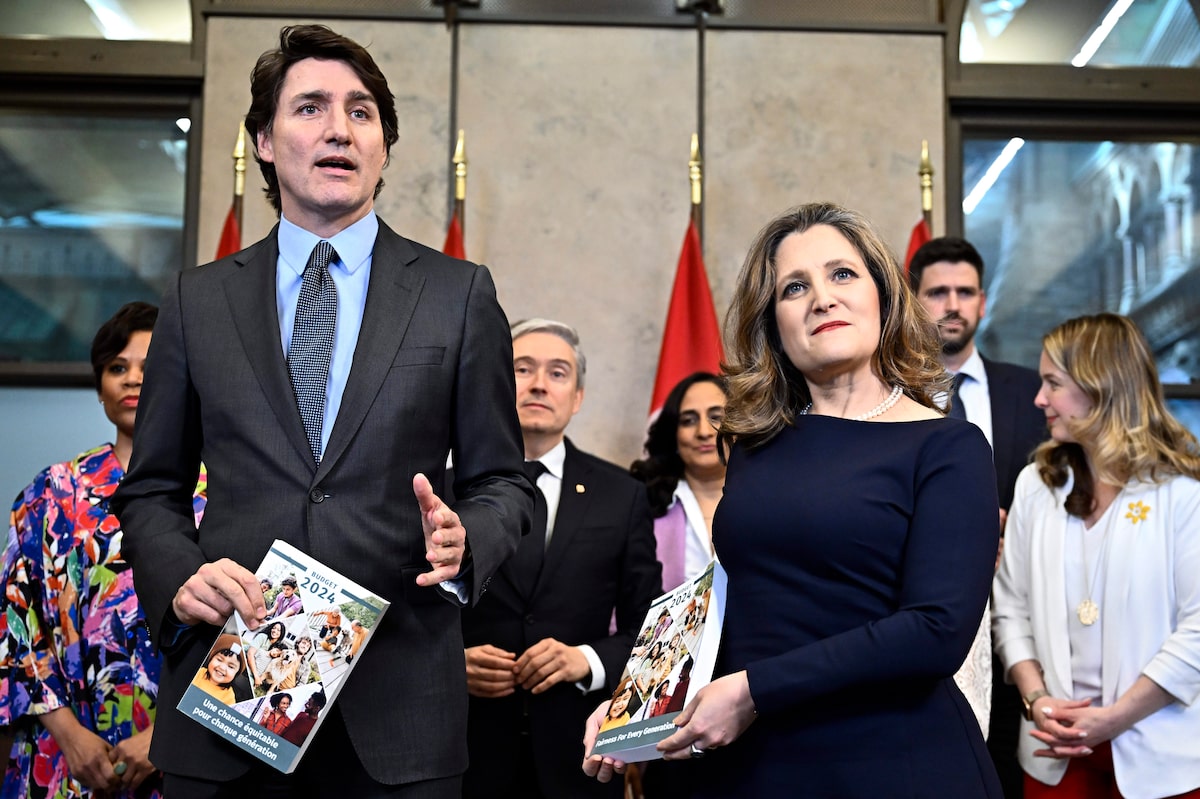Let’s start with one of the highest-voltage [third rails] in federal politics: Old Age Security.
OAS only begins to be clawed back once a senior’s income exceeds $91,000. And payments aren’t zeroed out until income hits $148,000 – or $154,000 for those 75 and older. Senior couples earning a quarter-million dollars a year, and living mortgage-free, are getting cheques from younger and (much) lower-income taxpayers.
That has to be fixed. The OAS threshold should be lowered – to, say, $60,000 – and the clawback sharpened, with benefits tapping out at $100,000.
…
End the capital-gains exemption for principal residences. It’s even more untouchable than OAS. It’s also more economically harmful and inequitable.
It pumps up housing prices and pushes more and more national wealth into housing. It’s dumb economics, plus the tax break only goes to the two-thirds of families who own a home. And the richer you are, and the more home you own, the bigger the tax break. It adds up to a hyper-regressive policy to make Canada less productive.
…
Let’s restore the two percentage points of Goods and Services Tax the Harper government cut. Our tax system is too tilted to income taxes, and away from taxes on consumption. And the cut to the GST costs Ottawa about $20-billion a year.
If the GST were raised, some of the proceeds could beef up the tax credit for low-income Canadians.
There’s some good stuff in there.



nominal capital gains that are purely due to inflation seem like dubious tax targets (you didn’t earn anything, the canadian dollar was simply worth less)… pairing this with the end of the capital gains exemption for principal residences could be interesting
honestly, real capital gains should be taxed a lot higher but inflation wrecks the math (i’d wager the 50% exemption was an attempt to account for this)